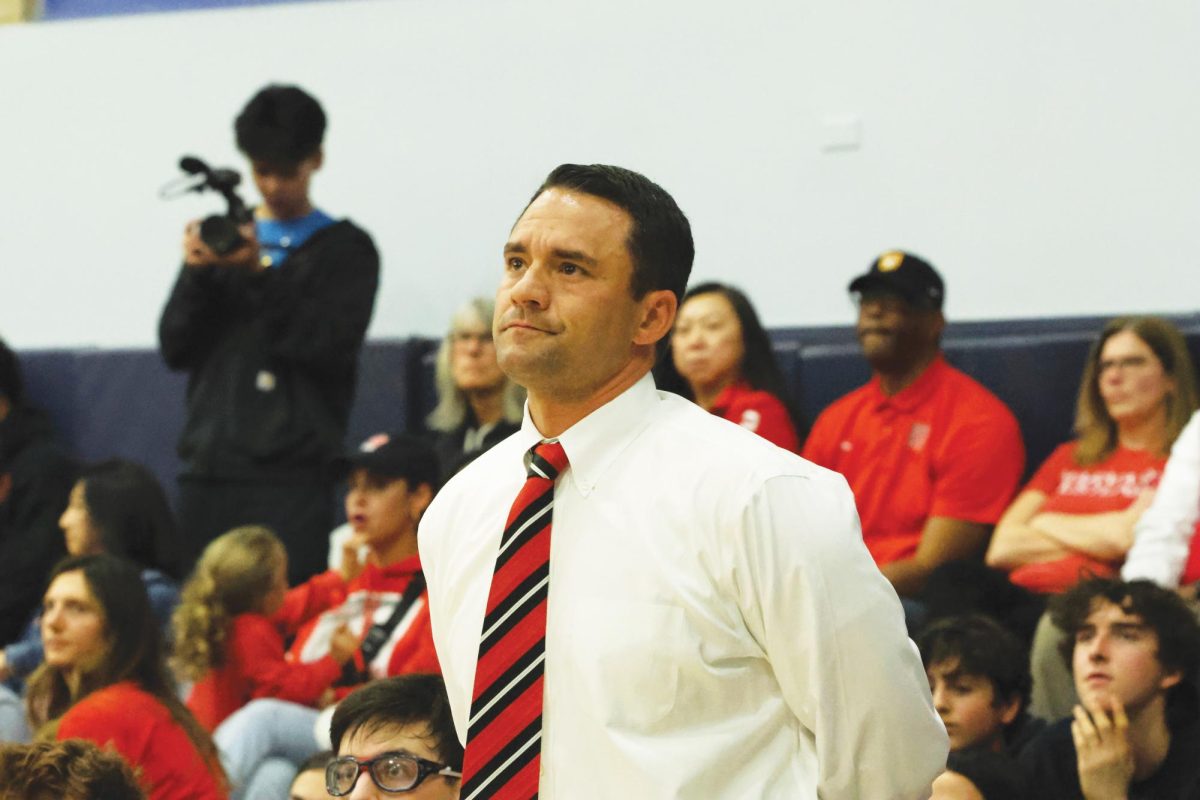By Saj Sri-Kumar
The American criminal justice system is based on the principle that it is more important to protect the innocent than to punish the guilty. To that end, we are guaranteed many rights when accused of a crime, which help the innocent escape punishment but also have the potential to prevent the punishment of a guilty man. However, at Harvard-Westlake, that same principle does not apply.
We have a system, the Honor Board, which is supposed to make the process fairer by having fellow students recommend punishments based on the facts. In some ways, it functions similarly to a court — the student and the accusing teacher are both allowed to share their side of the story, and the impartial panel issues a recommendation.
But the similarities end there. In a court case, the facts are used to prove an accusation, and if the defendant can suggest even a reasonable doubt that he or she did not commit the crime, then the court must set him or her free. In other words, there is a presumption of innocence going into the trial — until guilt is proven, no punishment can be levied.
In an Honor Board case, however, no such presumption of innocence exists. If a teacher accuses a student of wrongdoing and the Honor Board is “unable to reach a conclusion due to a lack of substantial evidence,” the Honor Board’s own description of a case heard in December, the Honor Board does not dismiss the case or even recommend that no punishment be taken. Instead, the members of the panel simply wash their hands of the case and let the teacher decide the appropriate punishment. This is equivalent to having a court dismiss a case for lack of evidence but then allowing the policeman who made the arrest to punish the defendant anyway. Sure, it’s possible that the teacher may not punish the student at all.
However, if a teacher has gone through the effort of bringing the case to the Honor Board in the first place, he or she probably believes that the student deserves some sort of punishment. Thus, it is possible that a student who has done nothing wrong could receive a zero on a test that he/she is only suspected of cheating on. Any student brought before the Honor Board, therefore, is faced with two unpleasant outcomes: either the Honor Board recommends a punishment or the teacher punishes the student. There is virtually no way for a student, however innocent, to emerge unpunished.
While students are likely guilty the vast majority of the time when a teacher accuses them of an academic transgression, there is still the possibility that they could be innocent. Consider the fact that even in the criminal justice system — which has an even stricter burden of proof — there are cases that are in the news every few months where we hear of people that have been exonerated years after their conviction when new evidence comes to light.
What the Honor Board should do instead of simply sending the case to the teacher for appropriate punishment is make a strong recommendation to the administration and to the teacher that no punishment be administered. This would not violate the Honor Board’s position as a body that makes non-binding recommendations on punishment.
However, it would do much more to ensure that no innocent student is punished than simply recommending “that the teacher in question assess consequences at her own discretion,” which functions as a tacit approval of any punishment the teacher may choose for the student.
In no way, however, do I advocate simply letting students who cheat get away with it. In fact, I believe that the punishments should be stricter than the simple loss of senior privileges and an in-house detention.
But to get there, we must make sure that we are not punishing anyone who isn’t guilty of the allegation. We already have an impartial body that can fairly judge students’ transgressions. We should take advantage of it.




































